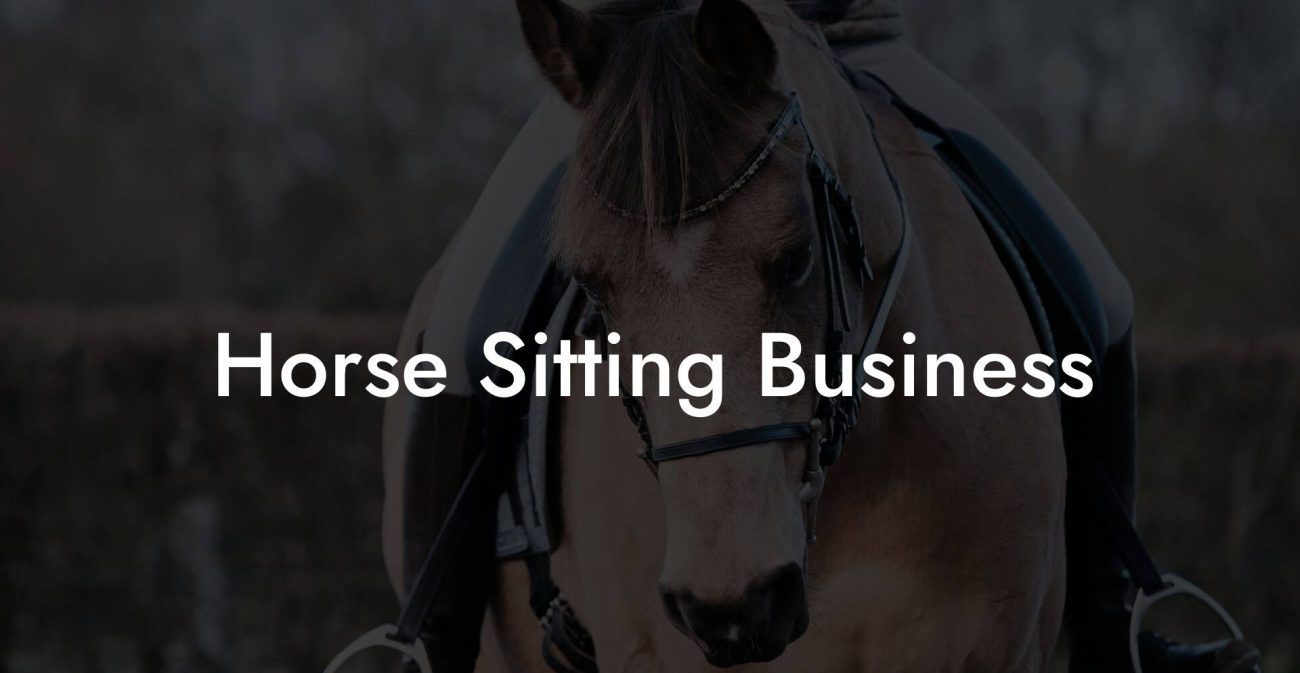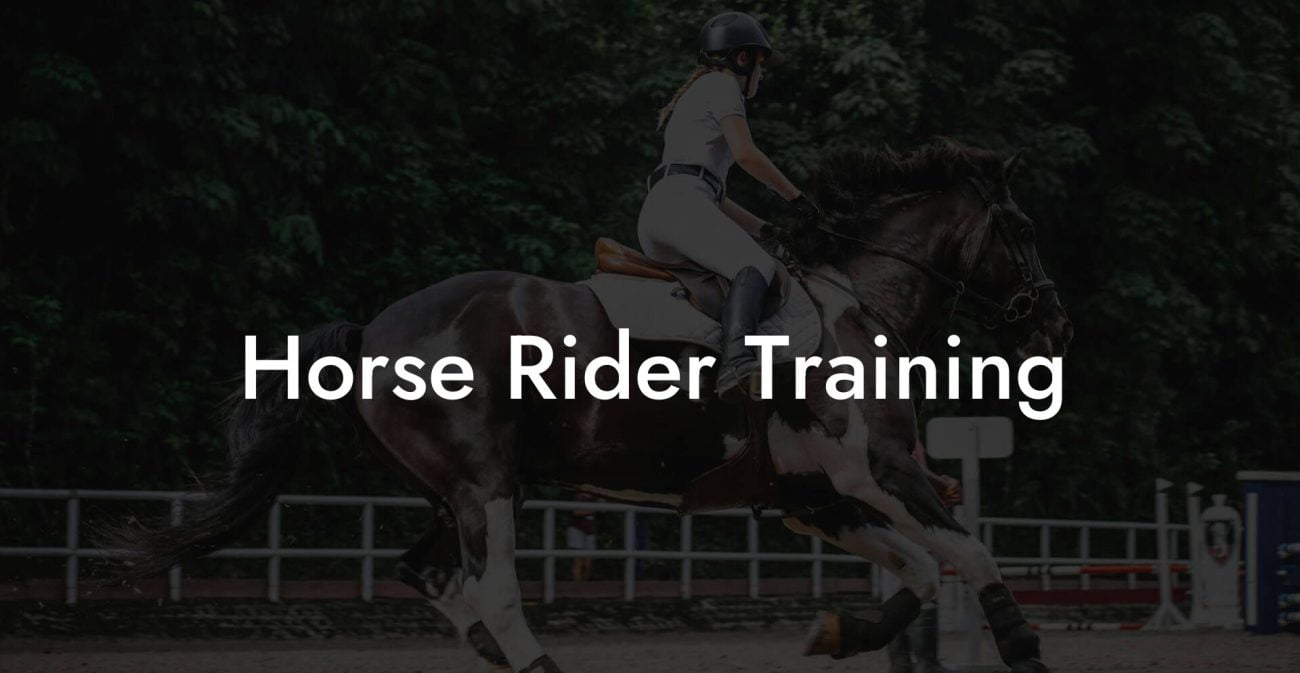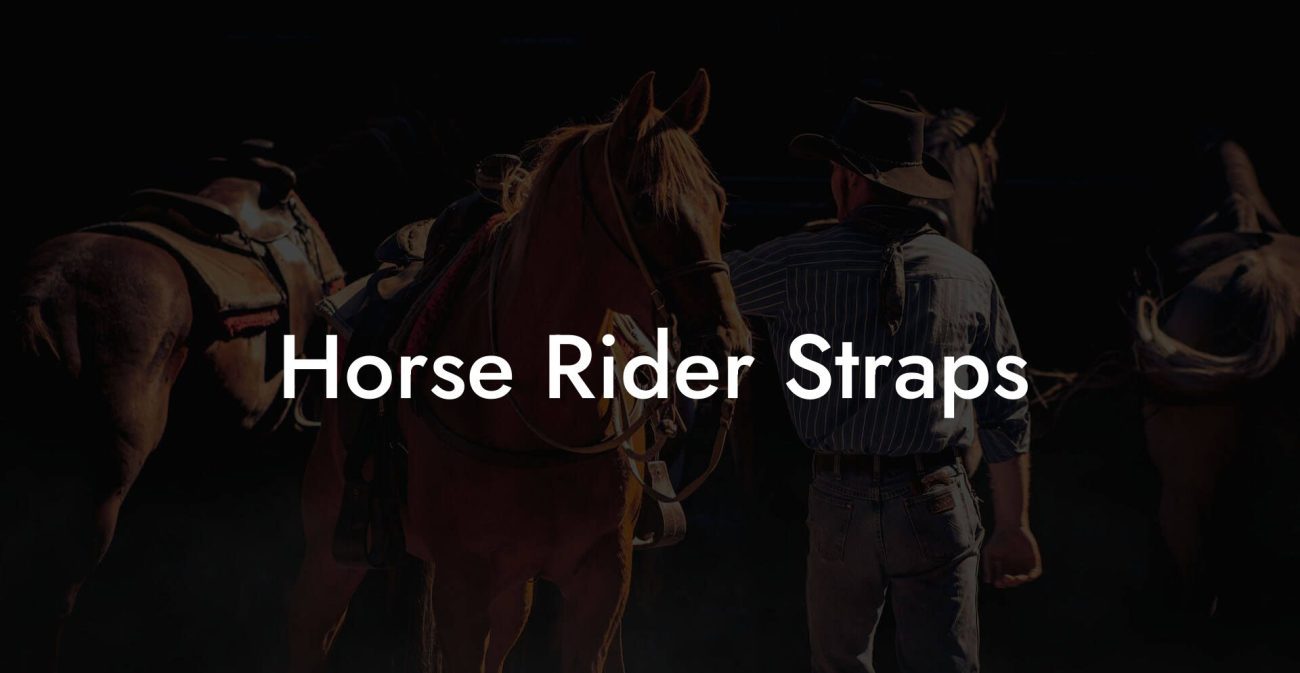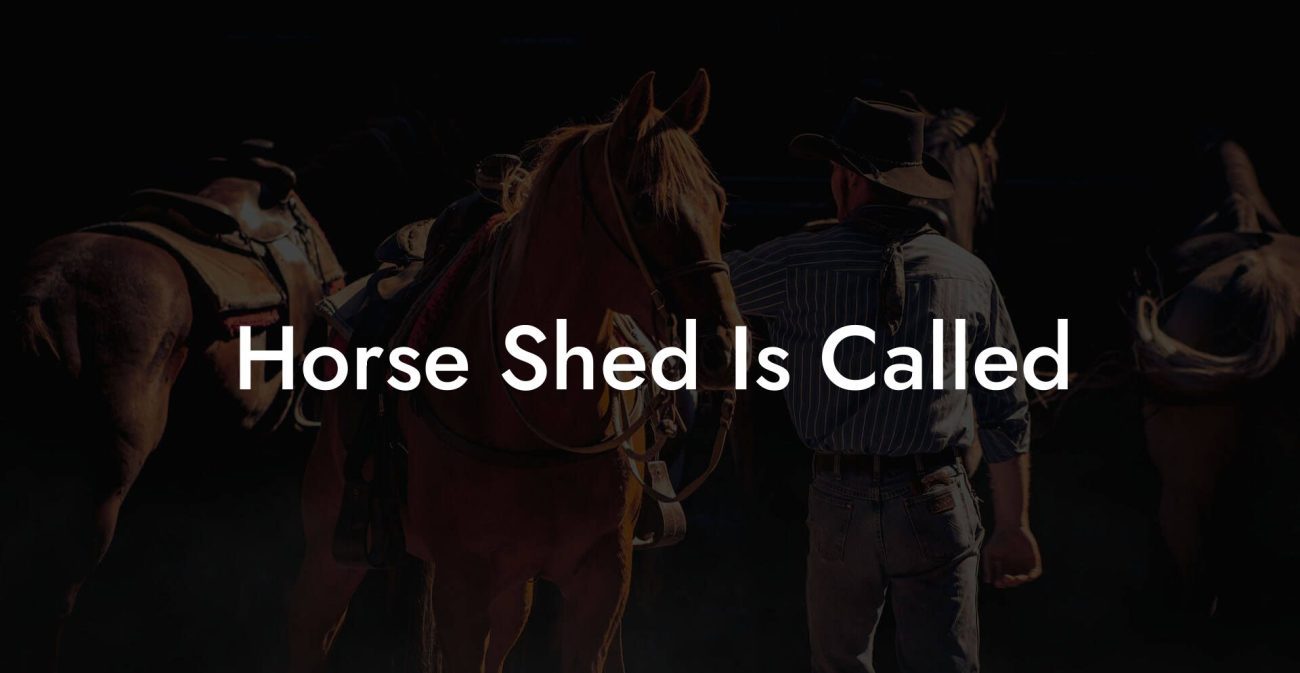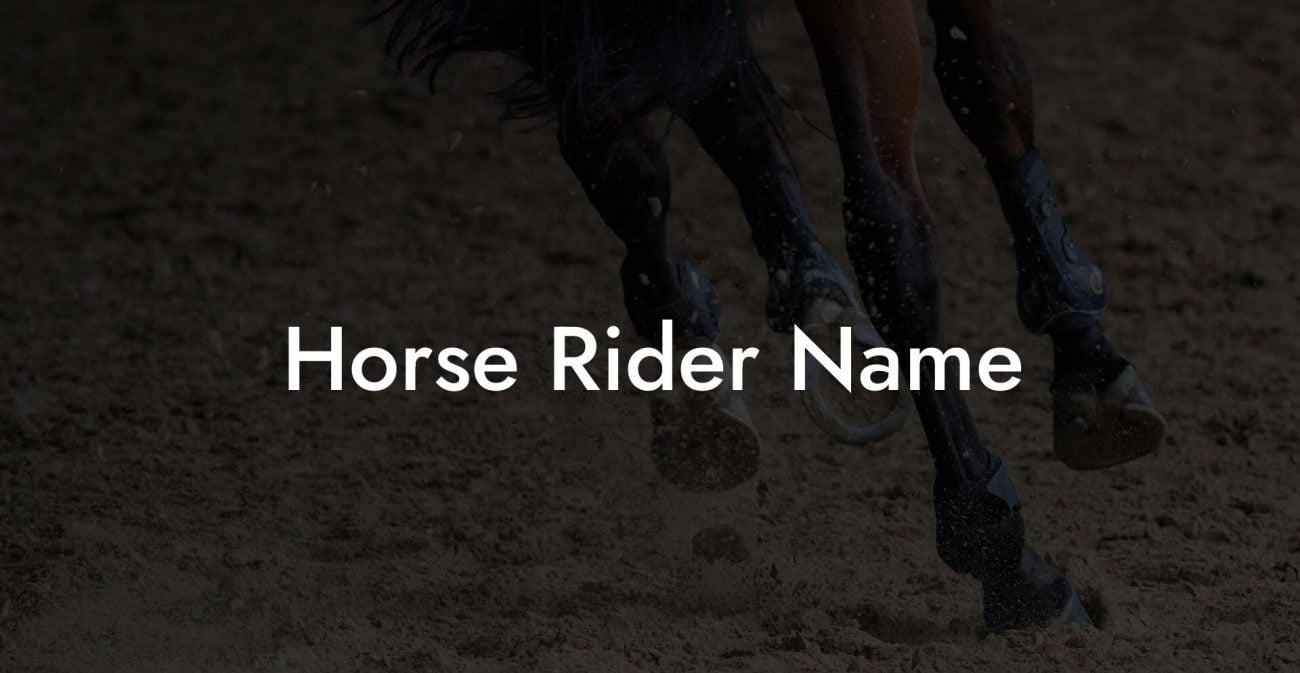Ever wondered if your horse’s gut is hosting its very own party, complete with unwelcome wormy guests? When it comes to knowing the right time to worm a horse, you're not just managing pests; you're protecting your four-legged companion’s health and vitality. In this deep-dive guide, we explore the ins and outs of equine parasite control, blending conventional veterinary wisdom with natural deworming options and modern management practices. Whether you're a seasoned rider or a newly minted equestrian, buckle up for an entertaining, no-nonsense ride through the world of horse worming.
Quick Links to Useful Sections
- The Equine Battle: Parasites vs. Your Horse
- Understanding Equine Parasite Ecology: The Wormy World Inside Your Horse
- Circadian Rhythms and Seasonal Patterns: Timing Is Everything
- The Vet Speaks: Conventional Worming Protocols and Medications
- Natural, Integrative, and Holistic Alternatives: Beyond the Pill
- So, When Should You Worm Your Horse? Timing, Testing, and Tailored Treatment
- Seasonal Strategies: Tailoring Your Worming Routine Throughout the Year
- Best Practices for Administering Dewormers: Techniques and Tools
- Risks of Over-Worming and Under-Worming: Striking the Perfect Balance
- Worming the Young vs. the Old: Age-Related Considerations in Equine Care
- Success Stories and Case Studies: Real-Life Equine Transformations
- Case Study 1: The Young Colt That Gained Its Stride
- Case Study 2: Reviving an Aging Champion
- Resources and Community Support: Your Next Steps in Equine Parasite Management
- FAQs: Your Equine Worming Questions Answered
- Your Path to a Healthier, Happier Horse: Integrative Parasite Management in Action
The Equine Battle: Parasites vs. Your Horse
Horses are majestic creatures, but beneath those shiny coats and powerful gaits lurk a host of tiny parasites waiting to take advantage of any lapse in care. Equine worms, ranging from small strongyles to ascarids and tapeworms, can cause digestive issues, weight loss, colic, and even more serious health complications if left unchecked. Understanding the enemy is the first step in fighting the war against these unwanted guests.
Parasite infestations can be sneaky. Over time, the cumulative effects of worm burdens can sap your horse’s energy, compromise its immune system, and hinder overall performance. And while modern dewormers have been a godsend for equine management, the timing and frequency of worming remain subjects of fierce debate among veterinarians, horse owners, and even digital influencers in the equestrian community.
Keywords like "equine deworming schedule," "horse parasite management," and "veterinary worming guidelines" have become part of the modern conversation. It's not just about tossing a pill at your horse every few months, it’s about crafting a nuanced, tailored plan that takes into account everything from seasonal patterns to your horse’s age and diet.
So, grab your reins and saddle up as we explore why and when to worm a horse, demystifying the timing, techniques, and tough choices along the way.
Understanding Equine Parasite Ecology: The Wormy World Inside Your Horse
At its core, worming a horse is all about managing an intricate ecosystem. Parasites are not mere invaders; they’re a part of a natural cycle that plays out in your horse’s digestive tract. However, when these organisms multiply unchecked, they cause health problems that can ripple out into every part of your horse’s life. Equine parasites such as small and large strongyles, roundworms, pinworms, and tapeworms each have their own life cycles and preferred niches.
A horse's body is an intricate system where digestion, metabolism, and immunity intertwine. Parasitic worms often target the gastrointestinal system, leading to inflammation, reduced nutrient absorption, and discomfort. For instance, small strongyles can embed themselves in the large intestine, causing low-grade irritation, while large strongyles may wreak havoc by causing intestinal damage or even hemorrhage in severe cases.
Equine parasite management isn’t just about clearing out worms, it’s about keeping the digestive balance intact. In our digital age, search terms like “natural deworming options” and “holistic equine parasite management” have skyrocketed, reflecting a growing awareness that sometimes less is more. A balanced approach, blending chemical dewormers with natural supplemental methods, is fast becoming the gold standard.
Understanding parasite ecology, from life cycles to infestation patterns, empowers you to take control of your horse's health. With knowledge in hand, decisions on when to worm a horse transform from guesswork into a finely tuned ritual based on science, observation, and experience.
Circadian Rhythms and Seasonal Patterns: Timing Is Everything
One of the most commonly asked questions is, “When exactly should I worm my horse?” The answer lies in a mix of time-tested practices and modern scientific insights. Your horse’s body, and the parasites within, operates in sync with the rhythms of nature. Seasonal changes can dramatically influence parasite activity.
In the spring and summer months, warmer temperatures and higher humidity levels create ideal conditions for parasite larvae to flourish. Consequently, horses grazing in pastures might be more exposed during these seasons. On the flip side, the colder months tend to reduce parasite activity, although they rarely halt it entirely. Think of it as a seasonal traffic report for your horse’s gastrointestinal tract.
When planning your horse’s worming schedule, consider seasonal patterns alongside other risk factors like local weather, pasture management, and your horse's overall health. In many cases, veterinarians advocate for a strategic, timed deworming approach that might include treatments at the onset of spring, midsummer, and fall, each tailored to the specific parasite threats prevalent during those times.
That said, every horse is unique. Some might require more frequent attention, while others may thrive on a less rigorous schedule. Digital search terms such as “best time to worm a horse” and “seasonal equine parasite control” underscore the importance of precision and personalization in your worming regimen.
The Vet Speaks: Conventional Worming Protocols and Medications
In the realm of equine care, dewormers have been a vital tool for decades. Conventional worming protocols involve a variety of anthelmintic medications, think ivermectin, moxidectin, fenbendazole, and pyrantel. Each of these dewormers targets different groups of parasites, making them a crucial part of a comprehensive parasite management strategy.
For the uninitiated, the world of dewormers might seem like alphabet soup. Each medication works best under different circumstances. For example, ivermectin is celebrated for its broad-spectrum efficacy, while moxidectin might be favored for its longer duration of action and effectiveness against encysted small strongyles. Fenbendazole, on the other hand, is often used in rotation to combat potential resistance.
However, it’s not enough to simply administer these medications on a fixed calendar schedule. Overuse and misuse have contributed to a growing issue of anthelmintic resistance, where worms evolve to withstand the very treatments designed to eliminate them. Hence, many experts now stress the importance of targeted deworming protocols, which include fecal egg count (FEC) testing to determine actual parasite loads before administering any medication.
Using structured methods like FEC testing not only helps tailor your worming schedule to the needs of your horse, it also underscores a broader point: worming should be as much about precision as it is about prevention. Engaging in conversations around “best deworming schedule for horses” and “veterinary worming guidelines” means recognizing that your goal is to maintain a healthy balance, rather than a worm-free utopia that might inadvertently contribute to resistance.
The bottom line? Stay informed, work closely with your veterinarian, and be ready to adapt your approach based on your horse’s specific needs and the evolving landscape of parasite resistance.
Natural, Integrative, and Holistic Alternatives: Beyond the Pill
For those who lean towards nature-inspired solutions, deworming doesn't always have to involve pharmaceuticals. Increasingly, horse owners are exploring alternative methods that integrate natural deworming options with conventional treatments. Whether you’re drawn to holistic equine care or just want to reduce chemical exposure, there's a growing menu of natural remedies to consider.
Herbs like garlic, wormwood, and diatomaceous earth have been touted for their potential to reduce worm burdens when included as part of a balanced diet. While scientific evidence is ongoing, many horse enthusiasts are experimenting with these natural additives alongside regular veterinary care. The idea is to create a synergistic effect that encourages overall gut health and a natural defense against parasites.
Integrative deworming might incorporate practices such as dietary adjustments, herbal supplements, and improved pasture management. For instance, rotating pastures not only gives the land time to rest but also helps disrupt the parasite life cycle. Coupled with regular manure removal and even the incorporation of natural predators (like birds) in your management plan, these tactics can significantly reduce parasite loads naturally.
In the realm of online searches, terms like “holistic equine deworming” and “natural worming remedies for horses” are gaining traction. While natural deworming alone may not be a silver bullet, it can be a vital component of a broader, integrative approach that complements conventional treatments.
Ultimately, the most effective worming strategy may lie in the intersection of modern science and traditional wisdom, combining the reliability of pharmaceutical dewormers with the benefits of natural, holistic alternatives.
So, When Should You Worm Your Horse? Timing, Testing, and Tailored Treatment
The million-dollar question remains: when is the right time to worm your horse? The answer isn’t as black-and-white as “monthly” or “quarterly” routines; it’s an evolving process rooted in observation, testing, and constant communication with your veterinarian.
One of the most reliable ways to decide when to worm is by performing fecal egg count (FEC) tests. These tests measure the number of parasite eggs present in your horse’s manure, offering a snapshot of the parasite burden within its system. A high egg count signals that it might be time to worm, while a lower count could mean that your current management practices are effective.
Equine deworming protocols are increasingly moving away from rigid, time-based schedules toward data-driven treatment plans. If your barn is buzzing with discussions about “targeted worming programs” and “evidence-based equine parasite management,” know that you're part of a larger movement towards precision medicine in the animal world.
In practice, this means routine FEC testing every 6 to 8 weeks in high-risk seasons, with adjustments during milder months. By staying on top of these numbers, you can avoid the twin pitfalls of over-worming (which contributes to resistance) and under-worming (which leaves your horse vulnerable). Remember, the goal isn’t to maintain a worm-free count at all costs; it’s to keep the parasite levels at a manageable range, promoting both your horse’s health and the long-term efficacy of dewormers.
Additionally, stay tuned to your horse’s behavior and overall condition. Notice changes in appetite, coat quality, or energy levels? These could be subtle signs that your horse is carrying an extra load of unwanted worms. In such cases, get that fecal sample tested and consult with your vet on the best course of action.
Seasonal Strategies: Tailoring Your Worming Routine Throughout the Year
An effective worming plan is not a one-size-fits-all solution, it evolves with the seasons and the unique environment in which your horse lives. Weather, pasture conditions, and regional parasite variations all influence when and how often to worm your horse.
In the warmer spring and summer months, parasite larvae are at their peak. During this time, a proactive worming schedule combined with rigorous pasture management practices is essential. Rotate pastures frequently, remove manure diligently, and consider increasing the frequency of FEC tests when temperatures rise.
Come fall, as temperatures begin to drop, parasite activity may wane slightly, offering a window to adjust your worming dosage or even extend the time between treatments. Winter, meanwhile, poses its own challenges. Although colder weather typically inhibits parasite development, horses kept in barns or enclosed spaces may still face significant exposure if proper hygiene isn’t maintained.
Navigating these seasonal shifts requires a delicate balance and a willingness to adapt. Use local climate data and veterinary advice as your guideposts. Search terms like “seasonal worming schedule for horses” and “winter equine parasite control” abound in online horse care communities, reflecting the universal need for tailored, season-specific strategies.
Ultimately, flexibility is key. By fine-tuning your worming routine throughout the year, you can protect your horse from seasonal parasite surges while also safeguarding the long-term effectiveness of your dewormers.
Best Practices for Administering Dewormers: Techniques and Tools
Once you’ve determined that it’s time to worm your horse, the next step is ensuring the process is as smooth and effective as possible. Administering dewormers may sound straightforward, but doing it improperly can result in under-dosing (which contributes to resistance) or over-dosing (which can have side effects). Here are some best practices to keep in mind:
- Measure Accurately: Use a calibrated dosing syringe or dosing gun to ensure that your horse receives the correct amount of medication. Follow your veterinarian’s instructions religiously.
- Consistency Is Crucial: Administer dewormers at the same time and ideally on an empty stomach, unless your vet advises otherwise. Consistent timing helps the medication work optimally.
- Monitor Your Horse: After worming, keep an eye out for any adverse reactions. Mild gastrointestinal disturbances are normal, but severe symptoms warrant immediate veterinary attention.
- Record Keeping: Maintain a deworming log that tracks dates, medications used, dosages, and FEC test results. This log is invaluable for adjusting schedules and providing insights during veterinary consultations.
By employing these techniques and tools effectively, you can streamline the worming process, making it a seamless part of your horse care routine. In an era where precision matters, adopting these best practices helps ensure long-term equine health and minimizes the risks associated with deworming mishaps.
Risks of Over-Worming and Under-Worming: Striking the Perfect Balance
The word “worming” might evoke a sense of urgency, but when it comes to your horse's health, more isn’t always better. Over-worming can lead to drug resistance, a growing concern in equine parasite management. When medications lose their efficacy due to overuse, it becomes increasingly difficult to control parasite populations, potentially putting your horse at risk.
On the other hand, under-worming leaves your horse vulnerable to the insidious effects of parasite overload: poor nutrient absorption, colic, and decreased performance are just a few of the consequences. Achieving the right balance requires regular testing, vigilant observation, and a willingness to adjust protocols as needed.
Experts recommend a targeted, evidence-based approach that uses fecal egg counts to guide treatment decisions. By zeroing in on the precise parasite levels in your horse, you can avoid the pitfalls of both over- and under-worming. This strategy not only preserves the effectiveness of current dewormers but also supports the long-term health of your equine partner.
The key takeaway? It’s all about balance. Work closely with your veterinarian to craft a worming schedule that respects your horse’s unique needs while also addressing the broader issue of anthelmintic resistance.
Worming the Young vs. the Old: Age-Related Considerations in Equine Care
Just as no two horses are exactly alike, the approach to worming can vary significantly based on age. Foals, with their developing immune systems, are particularly susceptible to parasitic infections. They require a more vigilant deworming regimen, often starting as early as a few weeks old, to build up resistance and create a foundation for future health.
Younger horses generally need a more frequent worming schedule, along with stress on nutritional support and gentle environmental management. As horses mature, their parasite burdens may shift, requiring adjustments in both the frequency and type of dewormer used.
Older horses bring their own set of challenges. Their bodies may not respond to dewormers with the same efficiency as those of younger horses, and pre-existing health conditions can complicate treatment choices. As a result, a tailored approach that considers both age and overall health status becomes essential. The use of targeted fecal tests and periodic veterinary check-ups is especially important in these cases.
Whether you’re managing the deworming schedule for an energetic foal or caring for a seasoned senior, remember that personalization is key. The search for “deworming protocol for young horses” or “best worming practices for older equines” reflects the diverse needs across the equine lifespan.
Success Stories and Case Studies: Real-Life Equine Transformations
Nothing drives home the importance and effectiveness of a well-planned worming schedule like real-life success stories. Across the equestrian world, there are countless examples of horses that have blossomed after their parasite burdens were brought under control.
Case Study 1: The Young Colt That Gained Its Stride
Consider a young colt who struggled with poor weight gain and low energy, despite a seemingly balanced diet and regular exercise. A series of fecal egg counts revealed a heavy burden of small strongyles. With guidance from a trusted veterinarian, the owner implemented a targeted deworming program combined with natural pasture rotation. Within a few months, the colt’s energy returned, its coat shined, and it began outperforming its peers at local shows.
Case Study 2: Reviving an Aging Champion
In another inspiring story, an aging mare known for her gentle disposition and past successes in competitive events began showing signs of decline, reduced stamina, weight loss, and bouts of colic. A thorough examination coupled with fecal testing pinpointed an escalating parasite load. Transitioning to a tailored worming schedule that balanced conventional dewormers with a few natural supplements, her owner witnessed a gradual turnaround. Today, this once-struggling mare is back to gracing the arena with pride, her quality of life vastly improved.
These case studies underscore one key message: a well-calibrated worming plan, based on evidence and tailored to individual needs, can dramatically enhance your horse's performance and overall well-being.
Resources and Community Support: Your Next Steps in Equine Parasite Management
Embarking on an effective worming program for your horse is not a solo journey. The modern equestrian community is more vibrant and connected than ever, with online forums, social media groups, and local barn networks serving as invaluable resources. Whether you're keen to explore the latest trends in natural deworming or need professional advice on conventional treatments, tapping into community knowledge can provide both practical insights and moral support.
Start by subscribing to trusted equine care blogs, following veterinarians on platforms like Instagram and TikTok, and joining local riding clubs. Many communities offer workshops, webinars, and Q&A sessions that dive deep into topics like “seasonal worming schedules” and “evidence-based equine parasite management.” These events not only enhance your understanding but also empower you to apply these insights to your horse’s daily care.
Moreover, don’t underestimate the value of a good, old-fashioned conversation with your veterinarian. Regular check-ups and open dialogue are crucial in adapting your worming strategy to the ever-changing needs of your horse.
Remember, knowledge is power, and a proactive approach to horse health helps ensure that your majestic companion remains strong, happy, and worm-minimized. So take that next step: connect with fellow horse enthusiasts, attend local equine health seminars, and let community support strengthen your commitment to a holistic parasite management plan.
FAQs: Your Equine Worming Questions Answered
In this section, we address some of the most commonly asked questions about when to worm a horse, the various deworming methods available, and best practices to ensure your horse’s health remains in top shape.
1. When is the best time to worm my horse?
The best time to worm your horse depends on various factors such as season, pasture conditions, and your horse’s individual health. Many experts recommend targeted deworming after fecal egg count (FEC) testing, especially during high-risk periods like spring and summer.
2. How do I know if my horse needs to be wormed?
Signs such as a dull coat, weight loss, decreased energy, digestive issues, or colic may indicate a high parasite load. Fecal egg count tests provide a precise measurement and should be conducted regularly.
3. Can I rely solely on natural deworming methods?
While natural additives like garlic and wormwood may help reduce parasite loads, they are most effective when used in conjunction with conventional treatments and sound pasture management practices.
4. How often should I perform fecal egg count tests?
During high-risk seasons, FEC testing every 6 to 8 weeks is advisable. In lower-risk periods, your veterinarian might suggest less frequent testing as part of your overall parasite management strategy.
5. What are the risks of over-worming my horse?
Over-worming can lead to anthelmintic resistance, making parasites harder to control with standard medications. It may also unnecessarily expose your horse to potential side effects.
6. What dewormers are considered most reliable?
Medications such as ivermectin, moxidectin, fenbendazole, and pyrantel are widely used in equine care. The choice and rotation of these medications should be guided by veterinary advice and fecal egg counts.
7. How can I prevent reinfection after worming?
Good pasture management, regular manure removal, and rotational grazing are vital. Maintaining a clean environment and occasionally integrating natural deworming options can help keep reinfection rates low.
8. Is worming necessary for horses that are stabled most of the time?
Even stabled horses can host parasites, especially if manure management is not optimal. Regular fecal testing and consultation with your veterinarian are still recommended.
Your Path to a Healthier, Happier Horse: Integrative Parasite Management in Action
Managing your horse’s worms isn’t just a routine chore, it’s an integral part of your companion’s overall well-being. With a comprehensive approach that blends modern science, traditional wisdom, and a dash of gut instinct, you can develop a worming strategy that not only wards off parasites but also supports your horse’s vitality and performance.
Embrace the journey of continuous learning and adjustment. Monitor your horse closely, harness the power of fecal egg counts, and maintain an open dialogue with your veterinarian. Engage with the equestrian community by sharing experiences, gleaning advice, and staying updated on the latest in parasite management.
With the right timing, the best products, and a willingness to adapt, every worming session becomes an opportunity to fine-tune your horse’s health and build a stronger bond between you and your equine friend. In the ever-evolving landscape of equine parasite management, your proactive approach is the key to long-term success and a happier, healthier horse.
So, fire up those smartphone reminders, keep your deworming log updated, and join the conversation online about "when to worm a horse" in a way that suits the modern horse lover. You’re not just keeping your horse’s gut clear, you’re championing a lifestyle that emphasizes integrative care, sustainable practices, and a commitment to excellence in every ride.



